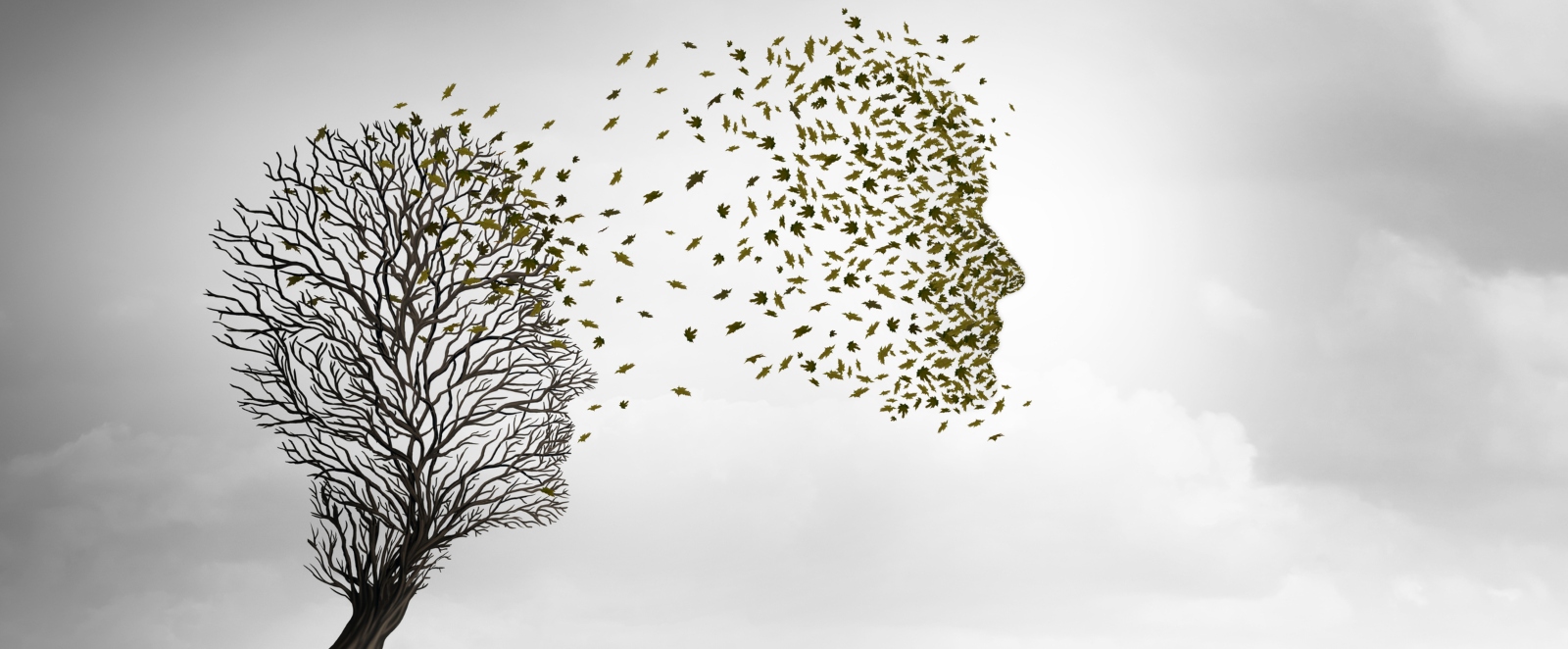
As part of our year-long A.R.E. Members study of how past lives affect us today (called the Enlightenment Series), let’s take a few minutes to learn about “transmigration.” Even though this term applies to movement of any life essence from one form of expression or manifestation to another form, it is most often used to describe human souls in animal bodies.
You may be surprised to hear that Edgar Cayce’s reading of the Akashic record actually confirmed that this had occurred. Fortunately, he taught that it no longer occurs. Let me explain.
Before human souls ever came to this world, the Creatives Forces (Cayce’s term) filled this world with minerals, plants, and animals. Then, to the Creator’s surprise, some (only some) of the children of god (aka human souls) used their free will to push their way out of the heavens into this material world. Cayce taught that these were identified in the biblical book of Job as the “Morning Stars.” (Job 38:7) Now you might naturally ask, “How could the All-Knowing not know that some of the children were going to do this?” Cayce was asked this question often, and he always explained that the Creator always knew the potential actions of the children but their free-will was truly fluid. Paradoxically, there is a flow of life through a divinely preordained plan of creation while at the same time an unrestricted openness to twist and turns as the children engaged their wills. And the children turned out to be fickle, often inconsistent, and at times unpredictable. Many ancient legends in human lore tell of a time early-on in the creation when chaos reigned. This chaos is associated with the immature freedom of the children and as a natural phase of creativity. Breakthroughs often come out of a whirling, unconscious process of unstructured wonder.
With this in mind, Cayce explained that the earliest morning stars to arrive willfully pushed their way into this world’s matter before a form for their presence was prepared. They simply pushed their consciousness into existing plant and animal forms. This is the source of mythology about human spirits in half-animal forms: half-man half-horse (centaurs), half-fish half-human (mermaids and mermen), half-goat half-human (satyrs, the most famous of which was Pan), half-woman half-bird (sirens, as found in Homer’s Odysseus), half-reptile half-human (gorgons), half-plant half-human (mandrakes), half-tree half-woman (dryads), and more. Cayce’s readings taught that the Creative Forces quickly began conceiving of and forming a material body for human souls. However, Cayce said that first these muddled messes had to be cleaned before they could finally use Nature’s or God’s form for humans.
Cayce described how many ancient temples around the planet were attempting to rid the minds and jumbled bodies of those who had gotten themselves deeply imbued with animal features and characteristics. He literally spoke of specialized temples focusing on removing claws, fish scales, bird bills, hoofs, feathers, fur, and reptilian characteristics from half-human half-animal beings. Once cleansed of these, the children were led through a series of adjustments in genetics and mental patterns of thought to get them into ideal human form with the mental complex of a human rather than an animal or plant.
Among all of the ancient cultures there are tales of how the many prototypes of human forms were attempted before a good one was created. The Mayan legends are among the most interesting and curious, describing how the “creator gods” – which we may think of as the “Creative Forces” – tried many times to make a good body for humans, failing often. Even after a good body was created, it was modified often. Cayce said our current bodies are being modified as we live today, saying that our future form will have twelve chakras instead of our seven, and will have a brighter radiance to it, and will be less dense than our present bodies.
In the teachings of transmigration, human souls are supposed to have evolved through incarnations in various animal forms. Cayce didn’t see it quite this way. The following are some of Cayce’s details. I have edited them for clarity and focus on our particular interest.
Here’s a question-and-answer in a Cayce reading for a 23-year-old sailor:
“Q: Has my soul-entity experienced transmigration through minor plant and animal kingdoms?
“A: Those kingdoms are of the universal soul-consciousness. Each soul-entity was created, or began in the beginning with the Father; not evolution as from the standpoint that “There wasn’t and then there was,” but rather the evolution of the environs for the soul-development of those who had wandered from the pathway.” (1641-1)
In this Cayce is referring to our immortal, eternal condition, as difficult as it is for us to comprehend. We were always an essence in the consciousness of the Universal Creative Forces, or the mind of the Infinite, Eternal God. Thus, there was not a time when we weren’t and then we were. We always were and always will be. However, our condition or environment of existence is evolving as we engage our free will and learn, develop, grow in understand.
Cayce does acknowledge how the spirit of certain animals adds to human dynamics, both positively and negatively. Here is one of his readings on this.
“As given in the Scripture, there was breathed into man the soul.” (Genesis 2:7) Cayce is identifying our physical condition using the term “man” and our spiritual condition using the term “soul.” He is saying that our soul is the breath in our physical body, particularly that first breath that we took as a newborn.
Let’s continue: “Biologically, man makes himself as an animal of the physical; with the desires that are as the instinct in animal for the preservation of life, for the development of species, and for food. These three are those forces that are instinct in the animal and in man.” Here Cayce is identifying the three primary instinctive drives in all animals, and now in us, as: self-preservation, procreation of the species, and sustenance to keep the body going. We might add shelter from the elements of this world.
Let’s continue: “If by that force of will man uses these within self for the aggrandizement of his nature, these then become the basis of carnal influences, and belittle the spiritual or soul body of such an individual.” If we only use these instinctive drives, then we become a simple, carnal beast of this world, and our higher nature is diminished. Usually, as this point in our lives, we all cry out, “This can’t be all there is to life!” Then, we begin to search for greater meaning, greater purpose.
Let’s continue: “So, the basis of physical desire is contributing to such an individual rebelling by using those of the animal nature. Hence, though he is given the soul that it may be everlasting, that it may be a companion with the Creator, that make for the spiritualizing of that force which is creative in itself, it lives through its animal instincts, its carnal desires.”
“The mental is also of the animal, yet in man – with his intellect – the ability to make comparisons, to reason, to have the reactions through the senses. He may create the environs about him and make for change in hereditary influences in the experience of such a soul. These are the gifts of free-will. Mind is a development of the application of will respecting desire that has become as a grace.
“Then, the mental desire that is to laud self, to appraise self above its fellows, or to use that gift in the experiences of self or others, makes for that channel through which the carnal desires only become the stumbling blocks in the experiences of those who dwell on same.
“For, as has been given as one of the immutable laws, that which the mind of a soul dwells upon, it becomes; for mind is the builder. And if the mind is in attune with the law of the force that brought the soul into being, it becomes spiritualized in its activity. If the mind is dwelling upon the carnal influences, then it becomes destructive.” (262-63)
For Cayce, mind needs to be fed, and what it is constantly fed shapes its awareness. If it is only self-gratification and self-exaltation, then its animal nature is dominant. If, however, it is fed the famous “Fruits of the Spirit,” then it becomes aware of it infinite, eternal nature. The Fruits of the Spirit are found in Galatians 5:22-23. They are love, joy, peace, patience, kindness, goodness, faithfulness, gentleness, and self-control. These lift us out of only carnal desires and into our higher nature. By using our will we can choose to fed our minds and imbue our daily actions with these qualities. Then we are both human/animal and divine/soul in the proper balance, and our soul evolves in wisdom and understanding.
This blog is part of our 2020 Enlightenment Series. Members can access all of the available material, which includes an online video and downloadable monthly lesson, in the Member-only section of our website at EdgarCayce.org/members. Not a member? Join now.
